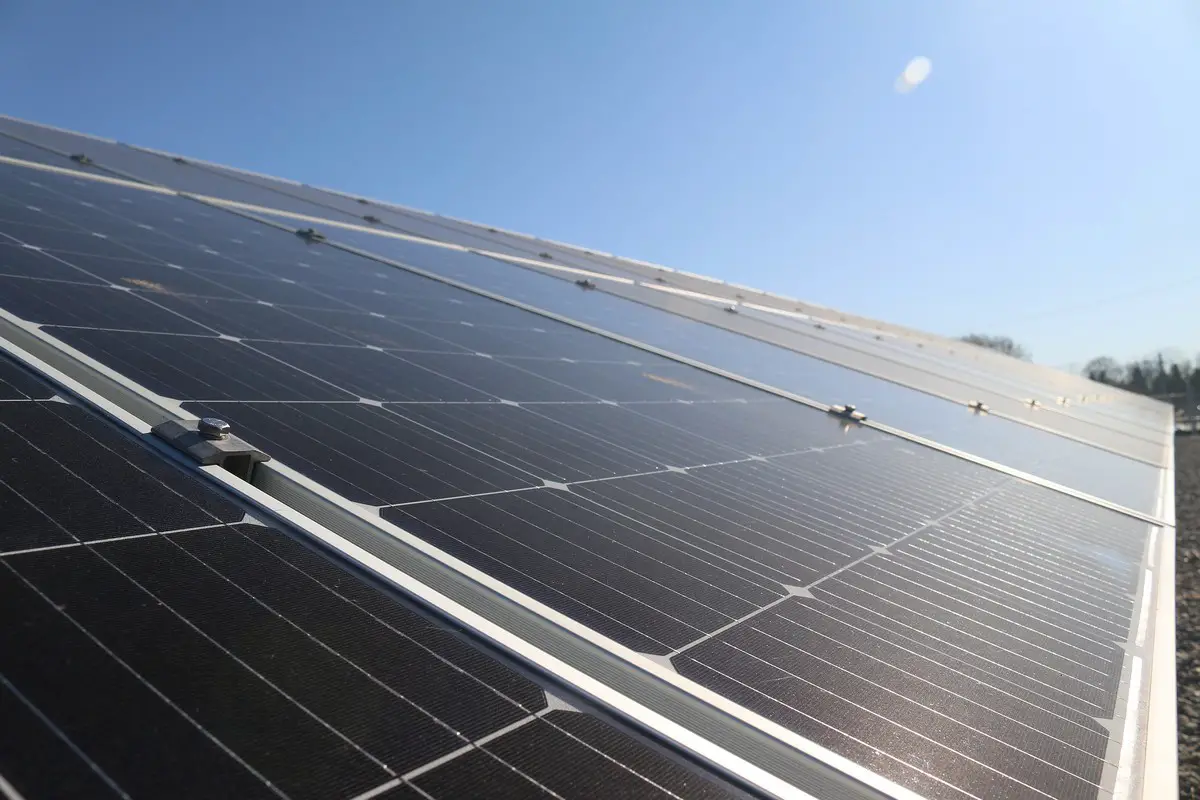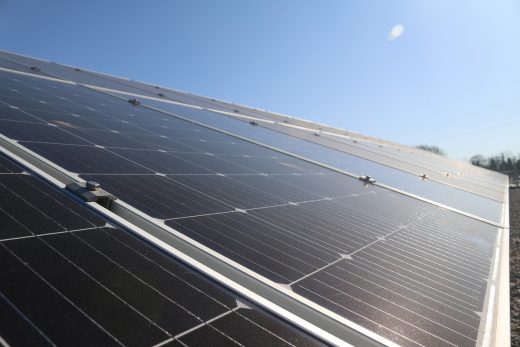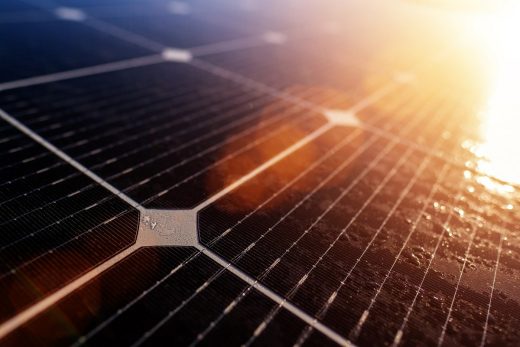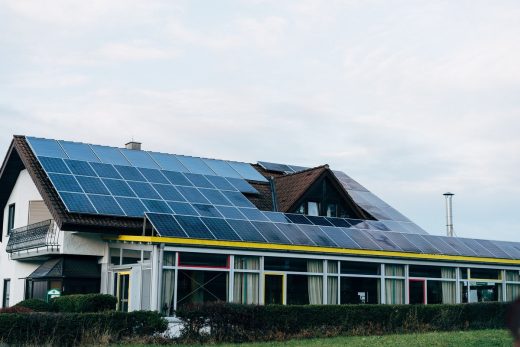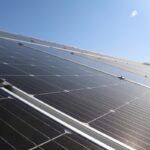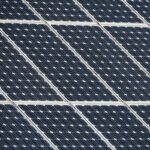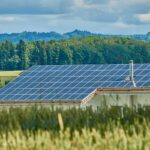Solar energy and financial savings guide, Home photovoltaic return on investment advice, Building PV electricity RoI
Solar Energy and Financial Savings: Calculating the Return on Investment
23 May 2023
In a world grappling with the challenges of climate change and the increasing demand for sustainable energy sources, solar power has emerged as a shining star. Not only does it offer a clean and renewable alternative to fossil fuels, but it also presents a golden opportunity for homeowners and businesses to save money on their energy bills, especially when taking advantage of the best solar package deals available.
Investing in solar energy is not just a way to contribute to a greener planet; it’s a smart financial decision that can yield substantial returns. In this article, we will delve into the concept of calculating the return on investment (ROI) for solar energy systems, demonstrating how this renewable solution can bring both environmental and financial benefits.
The Rising Sun of Solar Energy
Solar energy is derived from the abundant power of the sun, which provides an astonishing amount of energy to our planet. By harnessing this energy through the use of photovoltaic (PV) panels, solar power systems convert sunlight into electricity, powering homes and businesses with clean energy. One of the most enticing aspects of solar energy is that it is an inexhaustible resource, unlike finite fossil fuels, whose availability and prices fluctuate unpredictably. ESE Group, the UK’s leading solar panel company, can guide you through the process, from initial consultation to system design and installation, ensuring that your solar panel investment maximises your financial savings.
The Initial Investment
When considering solar energy, the first question that arises is often the cost. While it’s true that installing a solar energy system involves an upfront investment, it’s essential to view this expenditure as a long-term strategy that pays off handsomely over time. The total cost of a solar installation varies depending on factors such as system size, location, and the complexity of the installation. However, thanks to advancements in technology and economies of scale, the cost of solar panels has significantly decreased over the years, making solar energy more accessible and affordable.
Calculating the Return on Investment
To determine the financial benefits of solar energy, it’s crucial to calculate the return on investment. The ROI represents the ratio of the net profit generated by an investment to the initial investment cost. In the context of solar energy, the ROI takes into account various factors such as the cost of the system, electricity savings, incentives, and the lifespan of the panels.
- Cost of the System: The initial cost of a solar energy system includes the price of the panels, inverters, wiring, installation, and any additional equipment or permits required. This cost can be offset by federal, state, and local incentives, which can significantly reduce the initial investment.
- Electricity Savings: Solar panels generate electricity that can be used to power a home or business. By relying on solar energy, the need for electricity from the grid decreases, resulting in lower energy bills. The savings generated from using solar power can be substantial over the system’s lifespan.
- Incentives and Rebates: Governments, utility companies, and other entities often offer incentives and rebates to promote solar energy adoption. These incentives can come in the form of tax credits, grants, or feed-in tariffs, which allow solar system owners to sell excess electricity back to the grid. Taking advantage of these incentives further enhances the ROI.
- Lifespan of the Panels: Solar panels have a lifespan of 25 to 30 years, during which they continue to generate electricity. It’s important to consider this extended timeframe when calculating the ROI, as the financial benefits of solar energy accrue over many years.
The Financial Payoff
The financial benefits of investing in solar energy become evident when examining the ROI. While the exact ROI will vary depending on factors such as location, system size, and electricity rates, numerous studies have shown that solar energy systems typically pay for themselves within 5 to 10 years. Once the system reaches its break-even point, the electricity savings continue to accumulate, effectively providing free energy for the remainder of the panels’ lifespan.
Furthermore, as utility prices continue to rise, the savings generated by solar energy systems become even more significant. By producing your own electricity, you insulate yourself from volatile energy markets and reduce your reliance on utility companies, thus protecting yourself from future price increases.
Beyond Financial Gains
Investing in solar energy goes beyond financial gains; it is a decision rooted in the desire to create a sustainable future for our planet. By reducing our dependence on fossil fuels and embracing renewable energy sources like solar power, we can make a positive impact on the environment. Solar energy systems produce no greenhouse gas emissions during operation, contributing to cleaner air and a healthier planet for generations to come.
Solar Energy and Financial Savings Conclusion
Solar energy offers a bright path forward, both economically and environmentally. By investing in solar power, individuals and businesses can enjoy substantial financial savings through reduced energy bills and attractive ROI figures. The declining costs of solar panels, coupled with government incentives, make solar energy a viable and accessible option for many.
Beyond the financial benefits, solar energy allows us to reduce our carbon footprint, combat climate change, and create a sustainable world for future generations. To learn more about renewable energy visit https://en.wikipedia.org/wiki/Renewable_energy. Embracing solar power is not just an investment in our finances, but an investment in the future of our planet. If you’re looking for a reputable source of architectural inspiration, project insights, and industry news, e-architect is a renowned online platform that showcases a wide range of architectural projects from around the world.
Comments on this guide to Solar energy and financial savings- building photovoltaic electricity article are welcome.
Solar Panels Articles
Solar Panels Posts
How architects implement solar panels in design
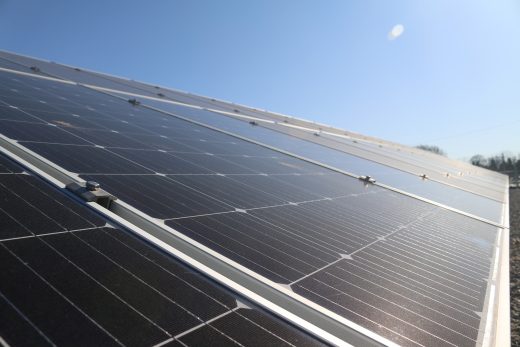
image source : pixabay.com
DIY Solar System: how to install solar panels
Types of roofing for solar panel installation
Installing Solar Roof Ventilation in Your Home
The Complete Homeowner’s Guide To Solar Power
Building
Residential Architecture Articles
Comments / photos for the Solar energy and financial savings – building photovoltaic electricity advice guide page welcome

